If you’re like most people, you probably think you have a pretty good idea about how learning works. And given all your life experiences from birth to now, it makes good sense that you would know how learning works. But if you’re also like most people, you’re probably wrong.
Don’t believe me? Consider the following scenarios, both of which are quite common:
- When Cameron studies on campus, he always goes to his favorite corner of the library where it’s nice and quiet.
- To improve her free-throw shooting, Ellie shoots 25 free throws in a row at the end of each basketball practice.
Cameron and Ellie are doing reasonable things to help themselves learn, right? I mean, aren’t we drilled over the head from an early age that we should have a designated study area and that getting good at something requires us to do that something over and over? It’s true that studying in the library is better than never studying at all and that practicing free throws is better than never practicing at all, but would it surprise you to know that neither of these strategies is that effective? If you’re going to study, it’s actually better to mix-up where you do it; if you’re going to practice free throws, it’s better to space them apart with time or other activities, and to practice from locations around the free throw line, instead of only shooting from the free throw line itself.
Here’s a couple more: Did you know that taking tests is actually good for learning? Or that forgetting can lead to remembering and that remembering can cause forgetting? This all sounds crazy, right?!
These examples—along with many others that are discussed on Lasting Learning’s website—illustrate what decades of research on the science of learning and memory tell us: that many of the fundamental principles that trigger lasting learning are unintuitive—sometimes even counterintuitive (why on earth would anyone practice free-throws from anywhere other than the free throw line!). This means that most people are walking around with numerous misconceptions about how learning works and, therefore, that the decisions people make about their own learning (or the teaching of others) are often misguided.
Commenting on the extraordinary yet unintuitive nature of the human learning system, Dr. Robert Bjork, Distinguished Research Professor of Psychology at UCLA and world-renowned expert on human learning and memory, wrote:
“It is a system that is remarkably interesting and effective, if fallible, and it is no less remarkable by virtue of being so frequently unappreciated and misunderstood by the user.”
It stands to reason that if we want to make better decisions about learning—about how to teach math, acquire a foreign language, gain a new skill at work, or improve our golf game—we need to know how learning actually works. To become effective learners, we— students, teachers, athletes, coaches, and parents—need to learn how to learn.


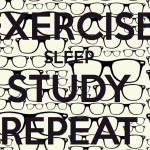
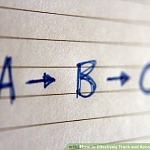



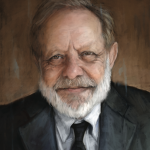


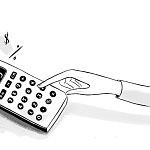


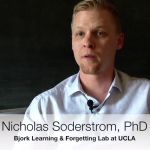








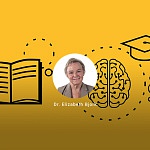

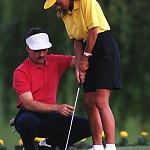






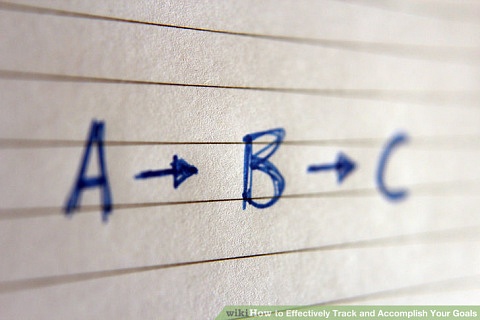


Leave a Reply
You must be logged in to post a comment.